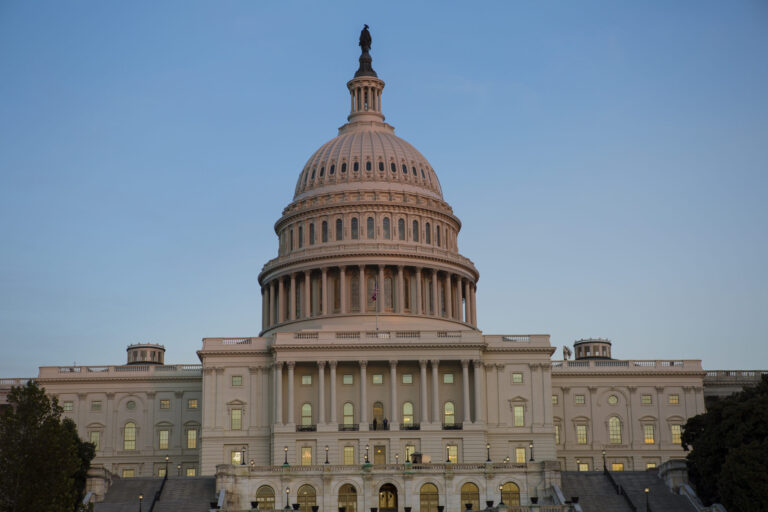Prepared Statement on Kansas Senate Bill 372
Tarren Bragdon and Josh Archambault
Submitted to the Kansas Senate Public Health and Welfare Committee
Monday, February 1, 2016
Chairperson Pilcher-Cook and Vice-Chairperson Bowers, thank you for the opportunity to submit testimony on Senate Bill 372, the Kansas HOPE Act of 2016. OSP is a nonprofit,nonpartisan advocacy organization that seeks to improve the lives of families and taxpayers by advocating for public policies based on the principals of free enterprise, individual liberty, and a limited, accountable government.
Kansas’ Welfare Reforms Are a Success, But The Work Is Not Done
OSP commends Kansas for considering the provisions of Senate Bill 372, which would implement strategies that encourage work and focus aid to the truly needy by reducing waste fraud and abuse.
For example, crosschecking lottery winners with your welfare enrollees is common sense. Enrollees need to report any form of income. When they don’t, they are not living up to their end of the bargain, and the state runs the risk of spending valuable resources on individuals that are no longer eligible.
Recently Maine did a similar crosschecking and found that welfare enrollees had won $22 million dollars in a four year period. Of those, 11 individuals each won $1,000 or more– 10 or more times, and eight individuals on welfare won single prize winnings of $500,000 or more since 2010.
Additional efforts such as verifying the identity of every adult in a household is helpful to cut down on potential fraud. Making sure that enrollees understand they must participate in a fraud investigate, and conducting an examination of the number of replacement cards is so important to cut down on trafficking, especially for drugs.
Passing changes like the ones considered in this bill are prudent, and important to protecting the integrity of the food assistance program. Importantly, Senate Bill 372 would build on Kansas’ track record of success of empowering Kansans to self-sufficiency.
For example, Kansas led a new trend of restoring the work requirement for able-bodied adults without dependent on food assistance. The results are exciting.
Within the first three months, roughly half of the able-bodied adults subject to Kansas’ work requirements cycled off of food stamps. The work participation rate among those who remained nearly tripled and average incomes rose significantly.
Perhaps even more impressive is what happened to those who cycled off of the program.
These able-bodied adults increased their earnings by an average of 127% in the year after leaving the program, which more than offset lost benefits. Better still, these working able-bodied adults now have incomes that put them above the poverty line. Instead of being a liability to taxpayers, these adults are adding millions of dollars to the Kansas economy.
While the way Kansas is looking at the data is new, the results should surprise no one. When states first adopted work-first welfare reforms, millions of welfare recipients moved into the labor force, spurring greater economic growth, lower caseloads, higher employment, and lower poverty rates, particularly among the most at-risk populations. Better still, numerous studies have found that re-entering the workforce improves workers’ health and well-being, personal satisfaction, and financial stability.
Conclusion
Policymakers in Kansas are wise to consider Senate Bill 372 as you all work toward delivering as many Kansans from dependency to financial freedom, and you fight to help preserve taxpayer dollars to help the truly needy―not those fraudulently collecting welfare benefits.



